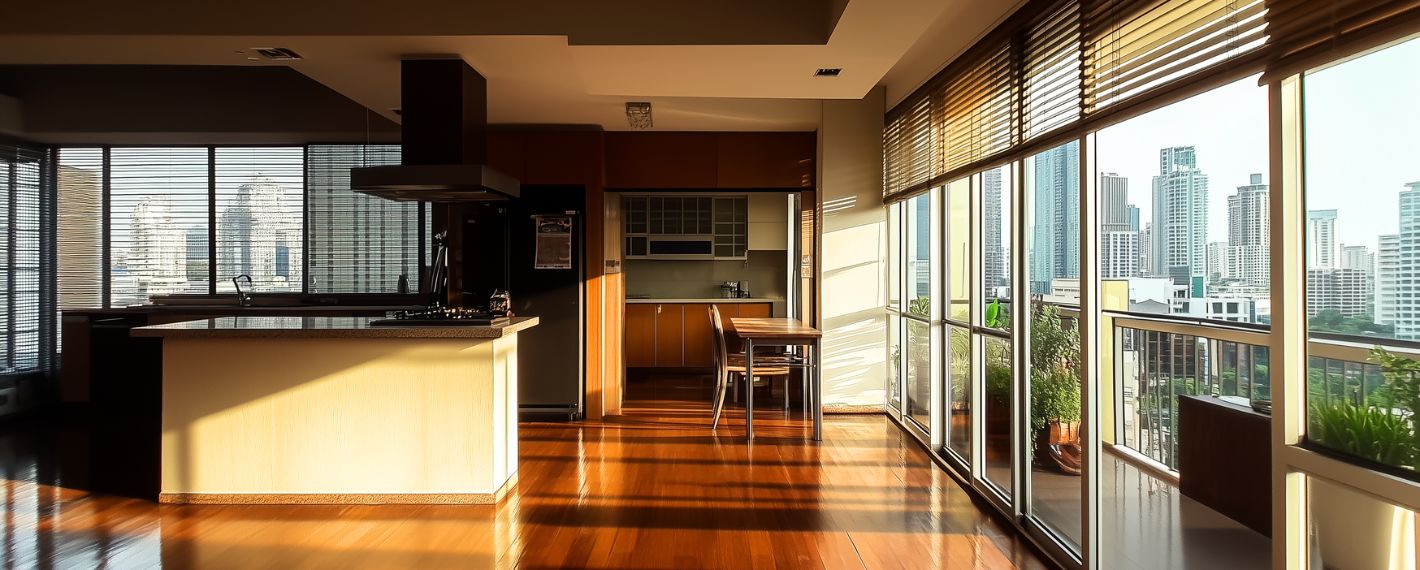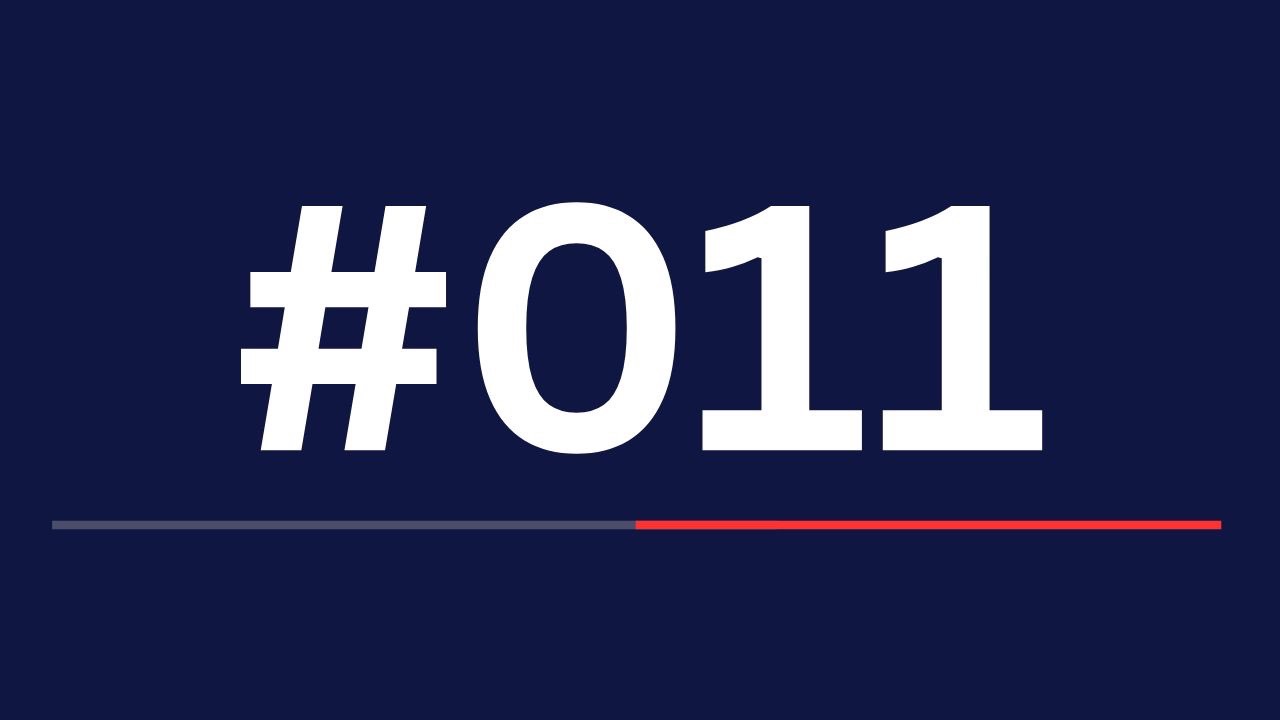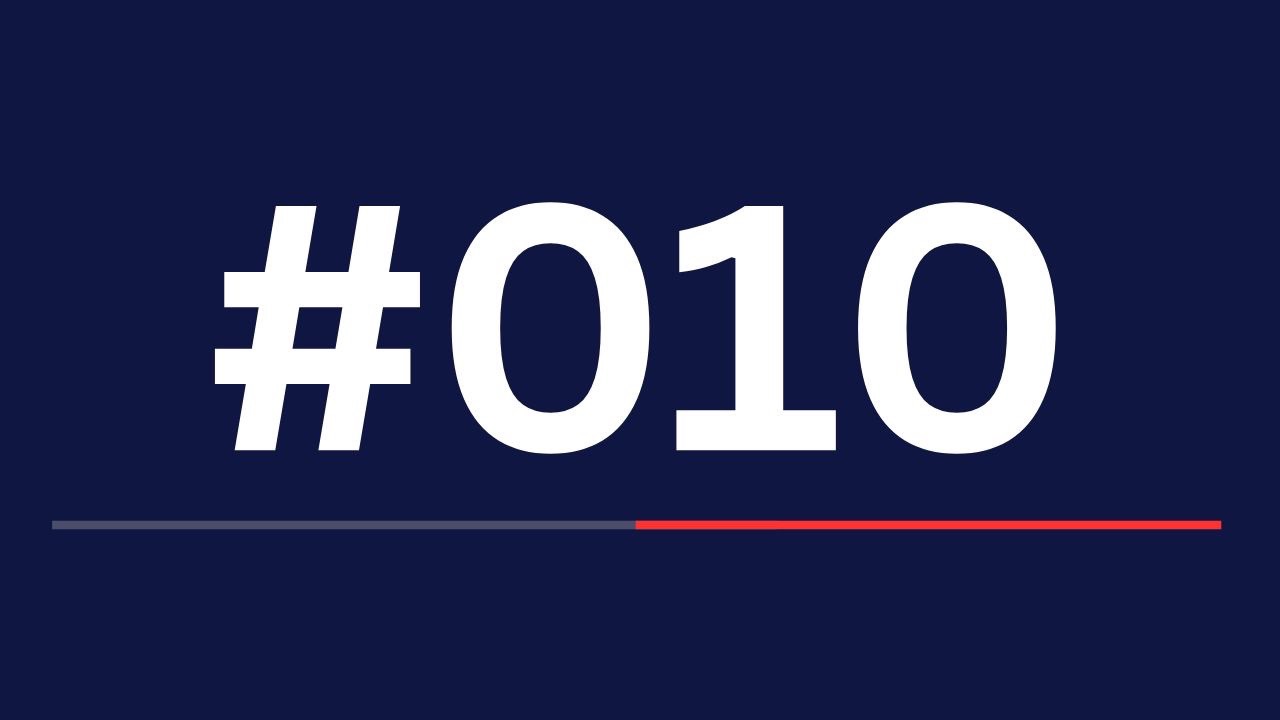The Bangkok Condo Secret Nobody Talks About

When I first moved to Bangkok, I was mesmerized by those glossy property listings. You know the ones -- sleek modern designs, rooftop infinity pools, high-end gyms, and immaculate lobbies that look more like five-star hotels than apartment buildings.
I wanted that experience. Maybe you do too.
But here's the secret that transformed my Bangkok life: the older, larger, less Instagram-worthy condos are actually where the real value lies. These overlooked gems -- typically built in the '90s -- offer dramatically more space, more privacy, and often a superior living experience for the same price as their shiny new counterparts.
It's a revelation that most newcomers completely miss and many real estate agents don't point out.
1) The Space Factor:
For my first couple of years in Bangkok, I lived in newer buildings with all the bells and whistles. It was awesome having friends visit from abroad and seeing their reactions to the rooftop pools and stunning views. I won't lie -- those Instagram moments were pretty satisfying.
But eventually, something shifted. The novelty wore off and as I settled deeper into life here, space started to matter more than the amenities I rarely used.
I wanted a bigger kitchen for actually cooking meals at home. I needed ample closet room for storage. I craved a living room where I could arrange furniture how I wanted, not how the limited square footage dictated.
In a city as busy as Bangkok, coming home to a place where you can actually decompress makes all the difference. Having enough balcony space to host friends for dinner and drinks isn't just nice -- it becomes essential for maintaining your sanity in this city's beautiful chaos.
This shift in priorities led me to explore older buildings, and the difference was staggering. While new one-bedroom condos typically range from 28-50 square meters, older buildings offer 70-90 square meters for similar rent.
Two-bedroom comparisons are even more dramatic: 50-70 square meters in newer developments versus a spacious 100-180 square meters in older buildings.
That's not just a difference. That's a different life entirely.
2) When Square Meters Actually Matter:
The space factor changes everything about daily life. Those extra square meters aren't just numbers -- they transform how you live, work, and relax.
The level of which my quality of life has improved is staggering. To simply have a sizeable countertop to prepare some food is something that I didn't realize I missed, but makes all the difference in the long-run.
The difference isn't just physical -- it's psychological. There's a breathing room, a mental spaciousness that comes with not feeling confined. Bangkok is a beautiful but intense city. Having sanctuary space matters more than you think.
3) The Build Quality Reality Check:
It's not just about size. These older buildings often come with construction quality that puts many newer developments to shame.
Now, I'm not talking about structural integrity here. I'm no Engineer so can't comment on that. What I'm referring to though is this inherent feeling of solidness that comes with many of these older buildings.
Many of these older buildings built in the '90s have thick, concrete walls that flush out any noise from neighbors. The doors are heavy and substantial. The balconies feel solid underfoot.
There's a sense of quality and durability that translates directly into comfort and privacy. It's the difference between hearing every word of your neighbor's phone conversation versus enjoying peaceful solitude within your own four walls.
It reminds me of those appliances my grandparents still use decades later, compared to modern versions that look sleek... but break after a few years. There was a time when things were built to last as long as they were maintained -- and many of these older Bangkok condos seem to reflect that philosophy.
4) The Long-Term Resident Effect:
There's another element to these older buildings that transforms the experience: the people.
In newer buildings, particularly those that allow short-term rentals, you're essentially living in what I call a "conveyor belt" of people constantly coming and going. Many units are owned by investors who bought in bulk off-plan and now list them on Airbnb and other short-term rental platforms.
Meanwhile, in many older buildings, the actual owners often live in the units themselves, or they exclusively rent on 12-month lease contracts. This happens either because management policies are stricter or because owners simply prefer stable, long-term tenants.
The result is a true sense of home among other long-term residents -- not best friends necessarily, but a stable community that adds to your quality of life.
5) How to Find These Hidden Gems:
If you're convinced (or at least curious) about exploring these older buildings, here's the challenge: they're not always easy to find online. The best ones often don't have flashy websites or aggressive marketing.
Here are three approaches that work:
- Go analog: Walk around your desired neighborhood looking for "For Rent" signs in both English and Thai. This method seems old-fashioned but yields surprising results. I found my current place by riding my motorbike through side sois of Bangkok in an area I liked, spotting a sign, walking in without an appointment, and signing the lease that same day.
- Use property sites differently: Instead of filtering by price or amenities, filter by square meterage and/or year built. This quickly reveals options that might otherwise be buried in search results.
- Be specific with agents: Let them know exactly what you're looking for, and come prepared with reference properties based on your own research.
6) The Reality Check: Downsides Exist
I'd be doing you a disservice if I didn't mention the potential drawbacks:
Many older buildings were constructed before Bangkok's mass transit system expanded, so they're often further from BTS/MRT stations -- in many cases, a kilometer or more away.
Some older buildings charge higher electricity rates -- sometimes 6-8 baht per unit versus the standard 4 baht from the city's Metropolitan Electrify Authority. On a large unit with air conditioning, this can add up significantly.
And of course, not all older buildings are created equal. Some have been poorly maintained and have legitimate issues with mold or pests. Physical inspection is non-negotiable.
7) The Long-Term Mindset Shift:
At the end of the day, what impresses you in the first year as part of your life in Thailand isn't necessarily what makes you happy day-to-day over the long-run.
Those rooftop infinity pools? After the initial excitement wears off, you might find yourself using them only when friends visit from abroad. Meanwhile, you're paying premium rent for amenities you rarely use while feeling cramped in your actual living space.
The real luxury in Bangkok isn't having a sky bar on your roof. It's having enough room to live comfortably in a city that can sometimes feel overwhelming. It's cooking a real meal in a proper kitchen. It's working productively from home in a dedicated office space. It's sleeping soundly because your neighbors' drama stays in their unit.
Space, in this dense urban jungle, is the ultimate luxury -- and older buildings offer it in abundance at the same price point as their newer, shinier, but significantly smaller counterparts.
The choice, ultimately, is yours. But at least now you know there's a choice to make.
Whenever you're ready, there's 3 ways I can help you:
1. Get your Visa sorted without the stress: Your entire Thai visa application is handled from start to finish. No paperwork headaches, no Immigration office chaos. Whether you're retiring, working remotely, moving with your family, or starting a business, we get you approved quickly so you can focus on actually living here.
2. Learn Thai that actually sticks: Join Teacher Fah's Thai Language Challenge. A 100-day structured program that's already helped over 900 expats build real speaking skills they can use daily. If you'd like to see my progress after her 100-day challenge so you know what you can achieve, just watch this video here. Enrollment is limited to 50 students per cohort to ensure personal attention. If doors aren't open right now, you can join the waitlist for first access.





